Matter and Its Interactions
-
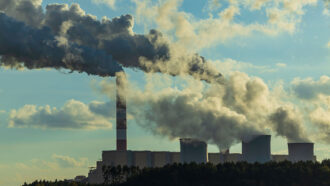 Tech
TechEngineers cook up a new way to tackle CO2: Make baking soda
Engineers have found a material that can collect carbon dioxide from the air. When later mixed with water, it forms baking soda that can be shed in the sea.
-
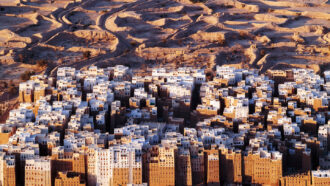 Materials Science
Materials ScienceA new hydrogel could help pull drinking water from the air
The salty gel absorbs more water from the air than similar gels, even in desert climates. This could provide clean water for drinking or farming.
By Laura Allen -
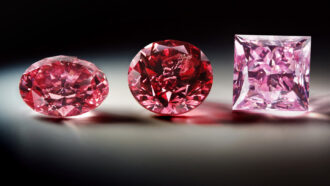 Earth
EarthTo get diamonds perfect for Barbie, make and break a supercontinent
Most pink diamonds may have formed billions of years ago during the tectonics that led to formation and breakup of Nuna, Earth’s first supercontinent.
By Nikk Ogasa -
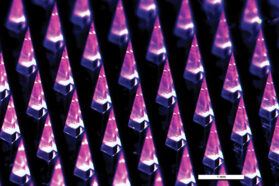 Tech
TechNew tech 3-D prints ouchless COVID-19 vaccine patches
A new compact 3-D printer can produce COVID-19 vaccine patches. These are less painful than the jab and can be stored more easily than liquid vaccines.
-
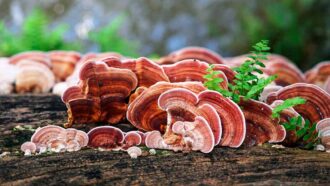 Materials Science
Materials ScienceMade from fungi, this vegan leather can self-heal holes or rips
If made under gentle conditions, leather formed from the “roots” of mushrooms can retain the ability to regrow and repair minor damage.
By Jude Coleman -
 Tech
TechGravity ‘batteries’ might help a weighty renewable-energy problem
To store the energy generated by wind and solar power, researchers are looking at mammoth systems that raise and lower weights.
-
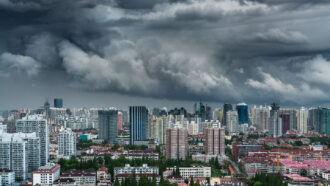 Tech
TechNew device can harvest clean energy from humid air anywhere
Unlike solar power, this new source of electricity is available day or night.
By Laura Allen -
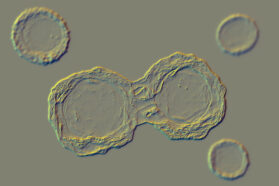 Health & Medicine
Health & MedicineStem cells can help build lab-grown organs that mimic real life
Making such organoids with 3-D printing and other tech can help researchers learn more about many troubling and potentially deadly disorders.
-
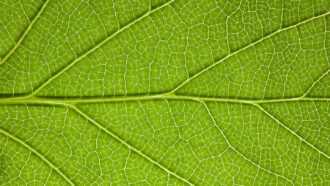 Tech
TechHigh-tech solar ‘leaves’ create green fuels from the sun
Chemists make a liquid alternative to fossil fuels from carbon dioxide, water and the sun. Their trick? They use a new type of artificial leaf.
By Laura Allen -
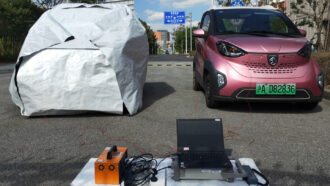 Tech
TechNew thermal ‘cloak’ keeps spaces from getting too hot or too cold
A prototype fabric could help keep cars, buildings and other spaces cooler during heat waves while also reducing greenhouse-gas emissions.
By Skyler Ware -
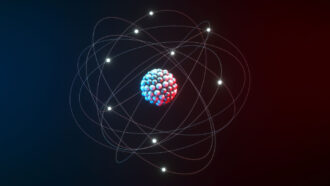 Chemistry
ChemistryScientists Say: Valence electrons
These far-out electrons do the hard work when it comes to chemical reactions.
-
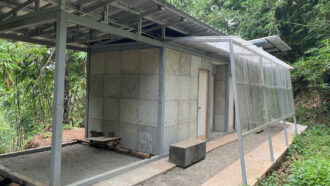 Materials Science
Materials ScienceThis house is partly made of recycled diapers
After being washed, dried, sanitized and shredded, used diapers were mixed with other materials to make a strong concrete.